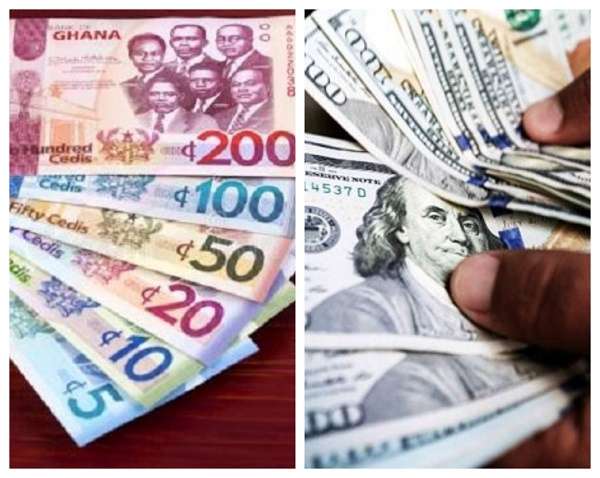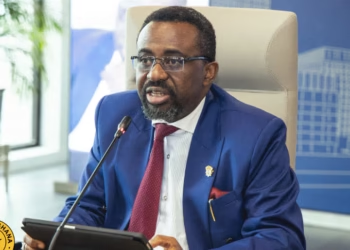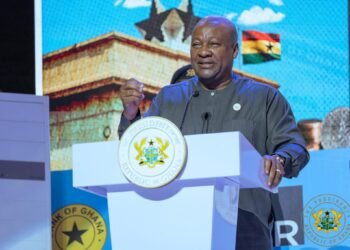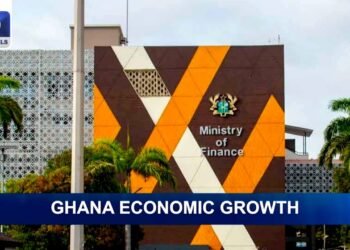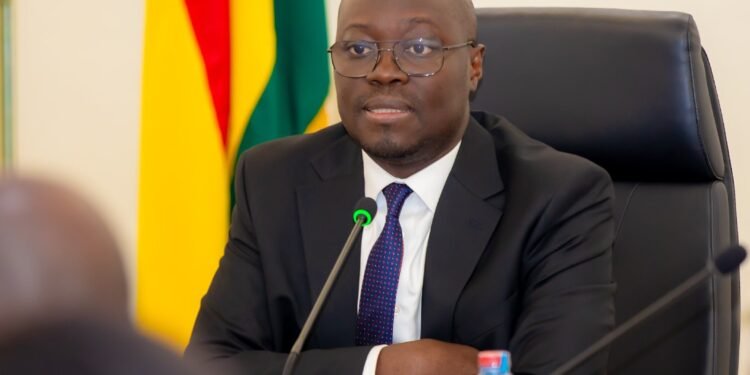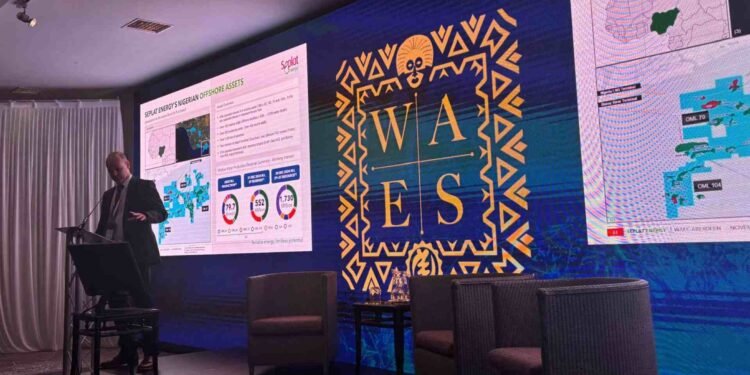The Ghanaian cedi has been ranked as the world’s best-performing currency for April 2025, according to Bloomberg, after gaining nearly 16% against the US dollar since the start of the month.
This unexpected rally has pushed the cedi to trade at GH₵13.4 to the dollar, outperforming all other global currencies tracked by the financial news agency.
The cedi’s sharp appreciation has come as a welcome development for policymakers and citizens alike, as the country continues to navigate a path toward economic recovery following years of fiscal instability and inflationary pressures. Analysts say the rally signals growing market confidence in Ghana’s economic reforms and macroeconomic stabilization efforts.
Cedi Strength Brings Inflation Relief
The cedi’s rise has had a tangible impact on domestic prices. According to Ghana’s Government Statistician, Alhassan Iddrisu, consumer price inflation fell to 21.2% in April, down from 22.4% in March — the lowest level recorded in eight months. Monthly inflation slowed to 0.8%, largely due to reduced import costs driven by the cedi’s appreciation.
“Rising strength in the cedi has translated into lower import costs, which is helping ease inflationary pressures,” Iddrisu said during a press briefing in Accra. Non-food inflation declined from 18.7% to 17.9%, while food inflation also dropped to 25%, down from 26.5% in the previous month.
The fall in prices is being welcomed by households and businesses, many of whom have faced steep cost-of-living increases over the past two years. The currency’s performance is also seen as a boost to consumer confidence and purchasing power.
Despite the progress, the Bank of Ghana (BoG) is expected to maintain a cautious stance on interest rates. At its last Monetary Policy Committee (MPC) meeting in March, the central bank unexpectedly raised the benchmark policy rate by 100 basis points to 28%, citing the need to mop up excess liquidity and maintain price stability.
Dr. Agyapomaa Gyeke-Dako, an economist and senior lecturer at the University of Ghana Business School, explained that while the cedi’s performance is encouraging, the BoG is unlikely to cut rates soon. “The central bank will probably wait to see if the disinflation trend is sustained, especially with risks such as utility price hikes still in the background,” she said.
BoG Governor Johnson Asiama noted in March that any future easing of monetary policy would depend on incoming inflation data. “As we continue to see declines, the committee will reassess the scope for a gradual easing in the policy stance,” he said.
Debt Crisis Recovery and IMF Optimism
Ghana’s economic progress comes in the context of ongoing support from the International Monetary Fund (IMF), which is assisting the country under a three-year program aimed at restoring debt sustainability, stabilizing inflation, and promoting inclusive growth.
The cedi’s current strength marks a reversal from its sharp depreciation during the 2022–2023 debt crisis, which sent inflation soaring and weakened the economy’s external position. Since then, reforms and tighter monetary policies have helped bring stability back to the economy.
Stéphane Roudet, the IMF’s Mission Chief to Ghana, welcomed the latest inflation data and cedi performance, expressing confidence in Ghana’s trajectory. “It makes us very confident that inflation is going to go down in the next few months toward the program objectives,” he said during a recent briefing in Washington.
The Bank of Ghana has projected that inflation could drop to around 16% by the end of 2025 and return to the target range of 6–10% by the second quarter of 2026 if current trends continue. However, officials remain vigilant, emphasizing the importance of maintaining tight fiscal discipline and managing potential risks, such as energy price volatility and external shocks.
In the meantime, the cedi’s resurgence is being hailed as a symbol of resilience and a promising sign of recovery. As the country strives to rebuild from past economic turbulence, the strength of the cedi is not just a market statistic—it is a reflection of renewed hope in Ghana’s economic future.

